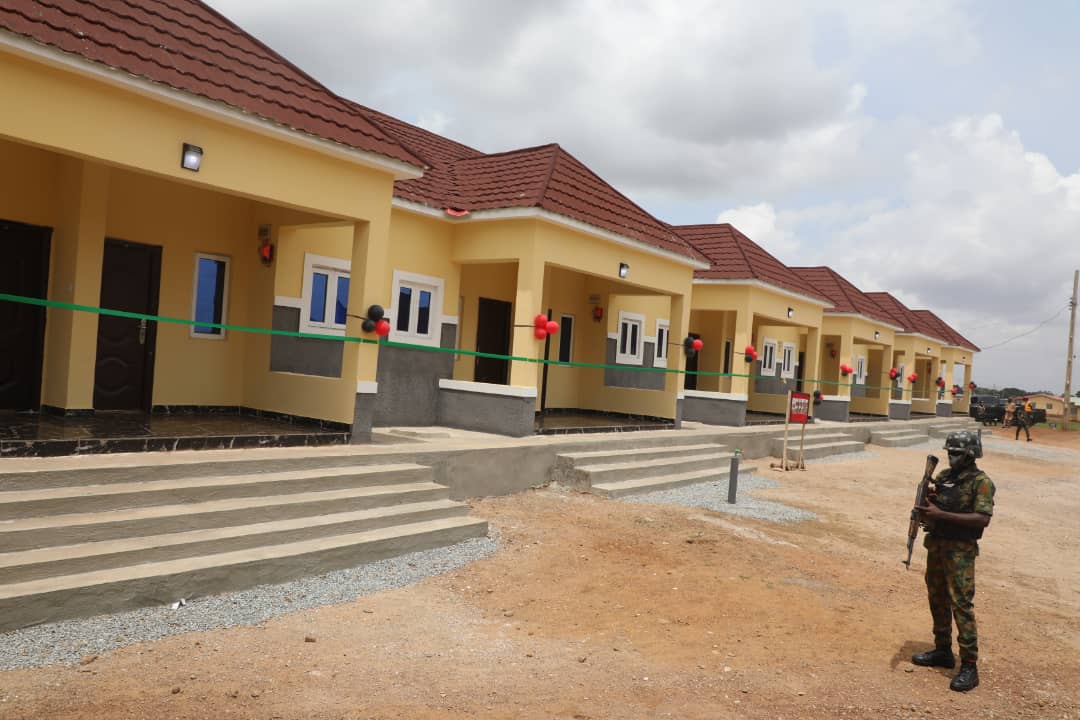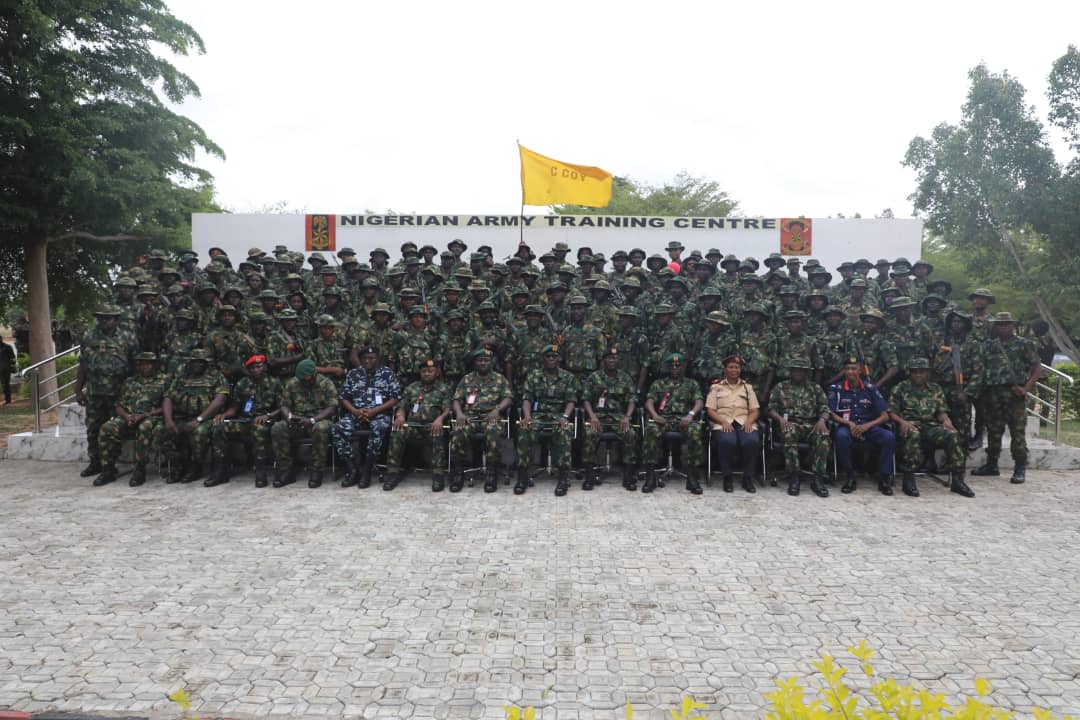Nigerian Army Will Overcome Security Challenges, Says COAS Oluyede
Reaffirms the Army’s Readiness to Protect Nigeria's Territorial Integrity
The Chief of Army Staff (COAS), Lieutenant General Olufemi O. Oluyede, has assured Nigerians that the Nigerian Army remains resolute in its commitment to surmounting the various security challenges facing the nation.
Speaking through the General Officer Commanding (GOC) 1 Division, Nigerian Army, Kaduna, and Commander, Sector One, Operation FANSA YAMMA, Major General Mayirenso Saraso, at the graduation ceremony of Exercise Fast Bolt III in Kontagora, Niger State, the COAS emphasized that the Army remains undeterred by the recent surge in attacks by bandits and terrorist groups in parts of the country.
Addressing the graduating soldiers on Friday at the Military Cantonment, the COAS reminded them that “Nigeria and Nigerians depend on the courage, resilience, and competence of the Nigerian Army to overcome these threats.”

He stressed that the 21-week intensive training under Exercise Fast Bolt III was a mission-oriented initiative aimed at sharpening the operational capacity of the troops. The graduating participants were mainly personnel from the Special Operations Battalion, designated as Chief of Army Staff Intervention Battalion 10.
“This exercise provides a vital platform for the Nigerian Army to sustain its efforts in preparing personnel for deployment across various theatres of operation,” the COAS said. He noted that the training focused on equipping soldiers with tactical proficiency, physical resilience, mental alertness, and weapon handling skills required for modern warfare.
 Congratulating the troops on completing the rigorous programme, Oluyede reiterated his Command Philosophy, which prioritizes combat readiness through standardized and mission-driven training. He explained that Exercise Fast Bolt III was revitalized and expanded from three to six months, with a double-stream format to deepen the participants’ tactical acumen.
Congratulating the troops on completing the rigorous programme, Oluyede reiterated his Command Philosophy, which prioritizes combat readiness through standardized and mission-driven training. He explained that Exercise Fast Bolt III was revitalized and expanded from three to six months, with a double-stream format to deepen the participants’ tactical acumen.
The curriculum was harmonized with other key training modules like Exercise Restore Hope and the Basic Battle Courses to ensure uniform training standards across Army formations, thereby strengthening the joint force posture of the Nigerian Army.
He expressed pride in the fact that the entire training was conducted by indigenous instructors, using local operational experience and solutions. “This reflects our commitment to internal capacity-building and self-reliance in our training doctrine,” he said. “The outstanding performance you have demonstrated affirms the effectiveness of this approach and reinforces my confidence in your readiness for deployment in defense of the nation.”
He urged the soldiers to internalize the core values of the Nigerian Army—loyalty, courage, discipline, and selfless service—reminding them that their real test lies not in training, but in the field, where their actions will define them.
Earlier, in his welcome address, the Commander of the Nigerian Army Training Centre (NATRAC), Kontagora, Major General John Sokoya, praised the graduating troops for their resilience and perseverance. He affirmed that the training was focused on enhancing the Army’s operational readiness and would continue to play a key role in preparing troops for national assignments.
The highlight of the ceremony was the decoration of Sergeant Joshua Danju of the NATRAC Admin Battalion, who was promoted to the rank of Staff Sergeant in recognition of his gallantry. Danju had courageously rescued an armoured vehicle and other equipment during an ambush at Kwana Dutse while under intense enemy fire.
The event also featured the presentation of certificates, tree planting, and the commissioning of two newly constructed twelve-family Corporal Below Quarters aimed at alleviating accommodation challenges at the training centre.

